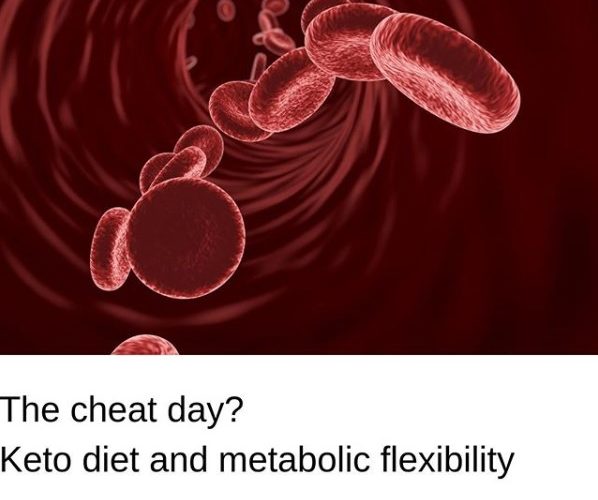Once the body is in nutritional ketosis, reduced insulin shifts the metabolic pathways to preferentially burn fat stores instead of storing fat stores. This leads to weight loss and can reverse the symptoms of diseases like Type 2 diabetes.
Impaired glucose tolerance and type 2 diabetes mellitus are associated with increased risk of cardiovascular disease.
Postprandial hyperglycemia, with resultant hyperinsulinemia and excessive inflammatory cascade, leading to endothelial dysfunction.
A ‘cheat day’ is often embraced on ketogenic diets, as a reward, presumably activating the dopaminergic hedonic response system, akin to activating the nucleus acumens with a tap of cocaine.
Unfortunately, even one 75 gram dose of glucose while on a “keto” (high fat, low carbohydrate) diet can lead to damaged blood vessels, using a measure of flow-mediated dilation (FMD), arterial stiffness, and diameter, velocity, and flow of the common and internal carotid, and vertebral arteries were assessed in the fasting state and 1 h post glucose consumption.
A “temporary lapse in adherence with consumption of a food causing a glucose spike might lead to acute endothelial damage.” What this suggests?
1. Even low dose infrequent cheat days, once you are on keto, may not be good for your blood vessels.
2. Your blood vessels become more sensitive to glucose after you are on keto?
3. Even an infrequent binge of cocaine once you are clean is probably not a good idea?
4. Metabolic flexibility is diminished as a particular dietary pattern becomes established?
Short-Term Low-Carbohydrate High-Fat Diet in Healthy Young Males Renders the Endothelium Susceptible to Hyperglycemia-Induced Damage. Nutrients, 2019; 11 (3): 489






